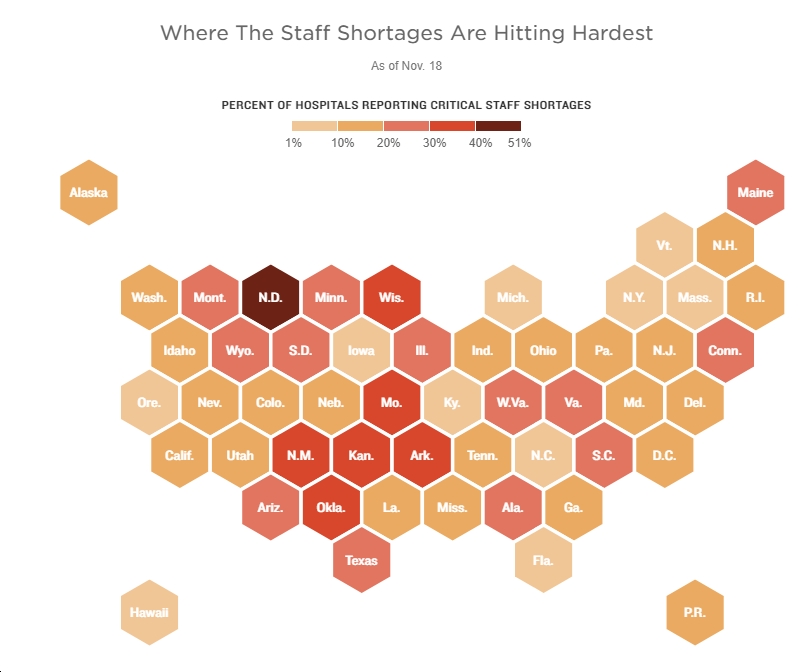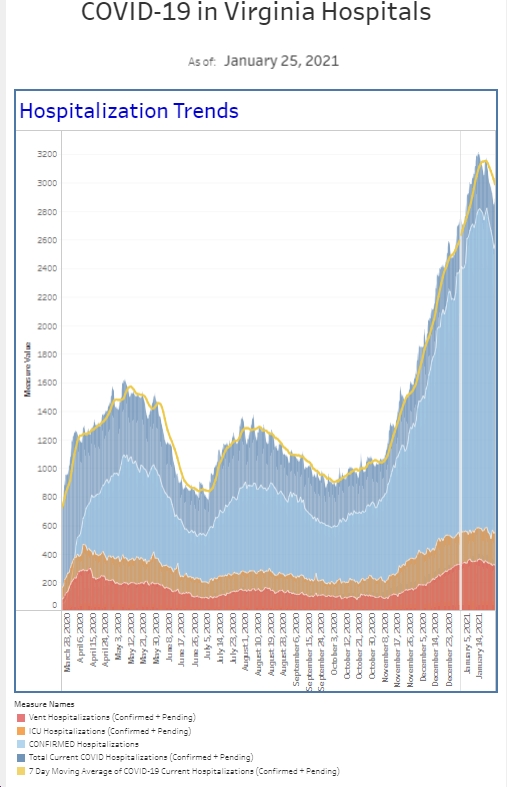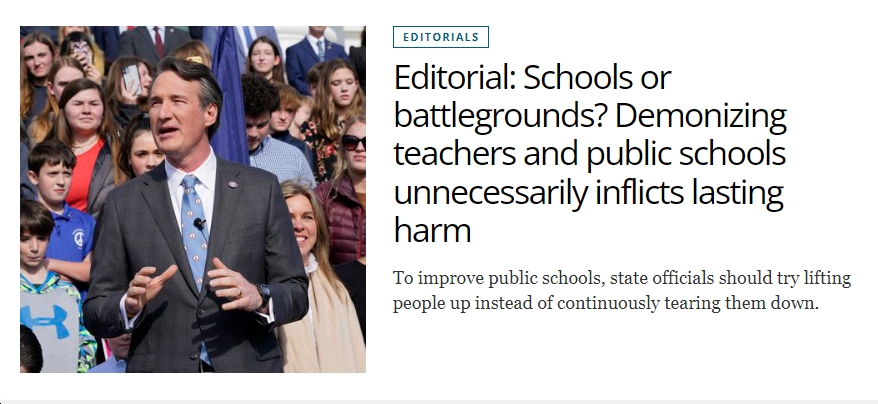Thanks as always to Dr. Mike Silverman, Chair of the Department of Emergency medicine at Virginia Hospital Center, for these helpful updates!
Friday Night Update from the ER in Arlington, VA
The ER is busy. Our official weekly volume report runs Sunday through Saturday. Last week (ending Saturday night) was the second busiest week for total ER volume in the last several years. The only week that was busier was the last week of 2021 when Omicron was surging. Our current week will be in the running for top 5 volume weeks as well. There is no single reason our volume has climbed so much over the last few weeks, though of our volume is related to a bump in COVID patients the last two weeks. We’ve seen more patients requiring our “covid isolation” status. Fortunately, the numbers requiring admission from this group of patients has been stable. One colleague told me he saw 4 COVID patients yesterday.
We’ve seen an increase in the number of “symptomatic” patients we diagnosed with COVID this past week, though the total number of new diagnoses has leveled off after climbing for a few weeks. Our percent positive rate among our symptomatic patients climbed a bit and is 16.3%, but our numbers of new cases and percent positivity rate for our “screening” tests actually declined a touch over the previous week. Hospitalizations of COVID patients are generally up around the country. We are seeing small week to week changes but generally hanging in a comfortable zone. For the most part, people are not requiring hospitalization for COVID, which is the benefit of vaccines. I generally ask patients if they’re vaccinated. It’s strange to me how often I get an enthusiastic “yes,” but then when I ask them if they’ve been boosted, they say no. About 50% of eligible adults have not received their booster. Immunity clearly wants over time so if you’re not boosted, please consider getting one.
On an administrative side, I’ve had an interesting last couple of weeks. Last week, along with emergency physician colleagues, met with staff from Capitol Hill to advocate for issues related to emergency medicine. High on the list is creating a safe work environment. Essentially everyone who works in an ER has had a patient verbally abuse them (sometimes it seems like it’s daily). 50% of emergency physicians report having been physically assaulted at work and I suspect that rate is higher for nurses and other ancillary staff who have more patient contact than we do. We also had a very lengthy discussion about psychiatric patients in the ER and the challenges we face finding them a hospital bed. This week, we had a federal regulatory body come review our stroke program. It’s always a learning experience with the goal of learning how to provide even better care. Finally, along with nursing leadership, I met with a health care policy analyst from the Virginia Legislature to discuss ER utilization. It was a really interesting discussion with some of it focused on the needs for improved access to care for psychiatric patients.
There’s been a lot of conversations about the psychological impact of the pandemic and how the pandemic has led to more substance abuse issues. The CDC reported this week that there were 107,000 overdose deaths in 2021, which translates to about one death every 5 minutes. This is the highest number of US deaths recorded in a year for overdoses and is 15% more than the previous record set in 2020. Fentanyl and synthetic opioids made up about 71,000 of these deaths. I have several colleagues who have begun working in Suboxone clinics to try to help people with opioid addiction. All of them tell me how frequently they see people who became addicted to pills that were originally appropriately prescribed for pain (usually related to surgery) and they just stayed on them too long without realizing the addiction potential. As ER docs, we’ve become pretty stingy with pain meds (while still wanting to address pain relief). We want to minimize the duration that people take them while encouraging follow up for further assessment of pain control, and also try to prevent people from having bottles of leftover opioids in their medicine cabinets where impulsive teenagers can access them to experiment with.
We’re starting to see cases of patients having COVID symptom rebound after taking Paxlovid. Recall that Paxlovid is an antiviral that data suggests is very effective at preventing hospitalization in high risk patients. Many patients are taking this medication for 5 days (that’s the duration recommended), testing negative, feeling better, only to have recurrent symptoms a few days later. The good news is that Paxlovid is doing it’s job of preventing hospitalizations, but clearly the rebound of symptoms is not intended or desired. Scientists are studying potential causes (is it related to certain patient groups), the impact (can it lead to more resistant strains), and options (should treatment be extended). Rebound was actually reported as a potential end point in the Pfizer application last year, though they found a similar rate of rebound in patients who took placebo during the study period. There’s a lot more to come with this, including whether people who have rebound are contagious since rebound symptoms are generally occurring outside of the 10 day window the CDC recommends for isolation. Fortunately, it appears the medicine is preventing hospitalization, though I suspect we’ll see more info on all of this over the next few months.
Finally, just a word on the baby formula shortage. Do not dilute the formula with extra water. The baby’s kidneys do not process water well (until 12 months old) and dilution can lead to low sodium levels. This can cause seizures and/or brain swelling and if sodium levels get low enough, can certainly be life threatening.
Coronavirus is not done with us yet.
Science matters. Get vaccinated (or your booster). Keep a mask handy.
Mike


















